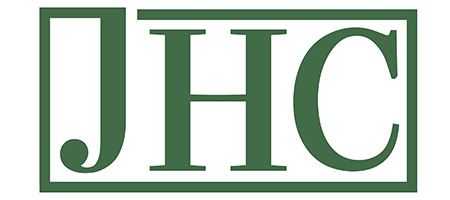Both accountants and CPA’s (Certified Public Accountants) are important to the operation of a business and they have an important distinctions. All CPA’s are accountants, but not all accountants are CPA’s. This is because of certain factors such as licensing, function, and skillset. An accountant has achieved a bachelor’s degree in accounting, while a CPA has completed specific educational and work requirements that are needed to pass a CPA exam (which are different for each state). A CPA is more likely to have extensive knowledge about the field of accounting than someone who has not earned this distinction. A CPA is also allowed to perform certain duties that regular accountants aren’t permitted to do.

What is an Accountant?
According to the U.S. Bureau of Labor Statistics (BLS), accountants and auditors help for-profit businesses, government agencies, and other organizations run more efficiently by looking at their financial records. They also make sure those records are accurate, assess an organization’s financial operations, and make sure that taxes are paid properly.
What is a CPA?
According to Becker Professional Education, all CPAs are accountants. But not all accountants are CPA’s. While they both perform similar roles in a business, a Certified Public Accountant (CPA) is an accounting professional who has met all the state licensing requirements to earn the CPA designation by acquiring a certain level of training, education, and experience (along with passing the CPA exam). So, the first step in understanding the difference between a CPA and accountant is to realize that a CPA is not a job title or career path. It’s a professional designation that will give accounting professionals more flexibility and mobility in their careers.
How are They Different?
Accountants and CPAs are different in several important areas, which include the following:
- Education — A bachelor’s degree in accounting or some other related field is usually all that’s needed to become an accountant or auditor. But once accountants have gained enough experience, they may decide to pursue other opportunities (such as getting a CPA certification, a graduate certification, or a master’s degree in accounting).
- Requirements — The skill requirements for a CPA and an accountant are similar, and they involve more than just being good with numbers. Aside from the education and experience, CPA’s must have a certain level of analytical and critical thinking. They must also have strong communication and organizational skills (all while being good with numbers).
- Licensing and Certification — Accountants don’t need to have any type of certification to work in the field, but there are certain accounting roles (such as internal auditing or managerial accounting) where a certification is preferable. CPA’s must meet strict licensing and certification requirements, which are overseen by the Board of Accountancy of each state. All states require CPAs to complete 150 semester hours of college coursework and pass the Uniform CPA Examination from the American Institute of Certified Public Accountants (which is broken into four parts).
- Responsibilities — The specific duties of an accountant will vary according to the type and size of the organization he or she is working for and the specific role he or she plays within it. While the responsibilities of unlicensed accountants are like CPAs, they’re limited in certain areas. You must have a CPA certification to work as an external auditor, but they may not need it if they want to work as an internal auditor. Non-certified accountants also wouldn’t be able to represent their clients during IRS audits.
The differences between CPAs and accountants become clearer when you take a closer look at their job opportunities. Unlicensed accountants primarily work in the field of private accounting, and they may work internally for a public or private corporation. CPA’s may work in a variety of areas, which can include the following:
- Tax Accounting — They can help individuals and organizations file their annual tax returns and stay compliant with the IRS Code. They can also help clients understand the implications of any changes in the tax code and avoid certain tax burdens.
- External Auditing — They can offer an organization a third-party perspective by looking at its financial statements while also providing financial documentation. Audits may be performed on behalf of financial institutions, the treasury, or as part of a fraud investigation.
CPA’s must also work to keep their license by meeting continuing professional education requirements and by adhering to the standards listed in the AICPA’s Code of Professional Conduct. If you’re looking for a CPA in Corpus Christi to help you with all your accounting needs, be sure to reach out to Jennings & Hawley.
